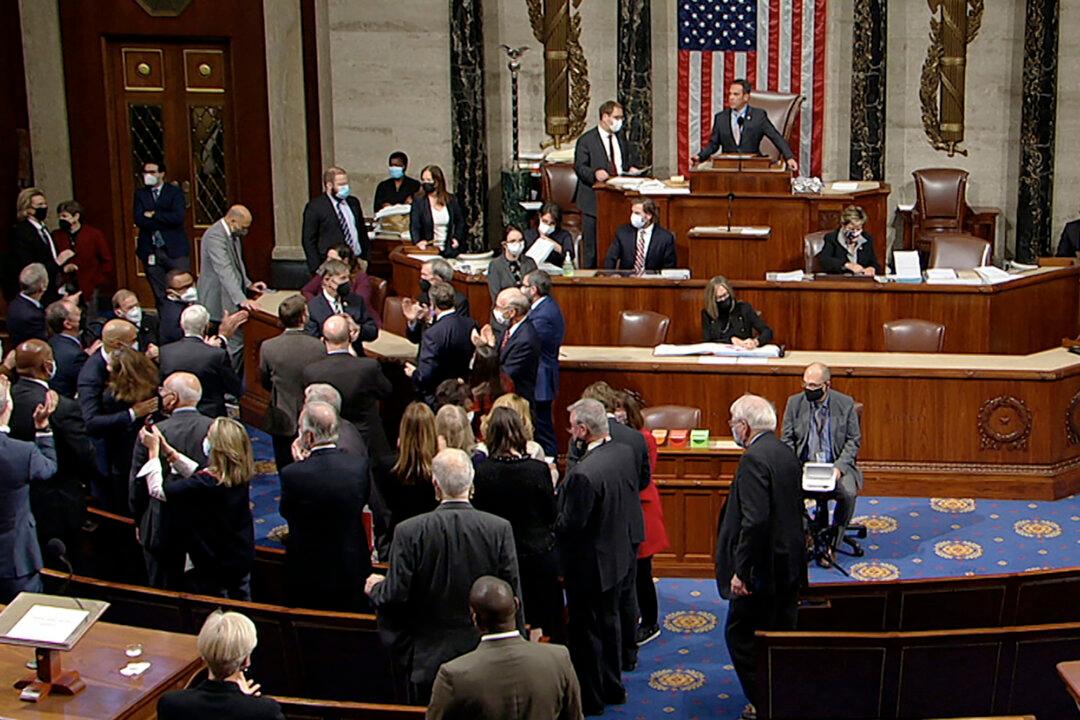After a day of negotiations, the House of Representatives passed a bipartisan $1.2 trillion infrastructure bill, sending it to President Joe Biden’s desk late Friday evening.
The measure includes some $550 billion in new spending that seeks to fund the construction of roads, bridges and highways, public transport, water infrastructure, as well as power and broadband infrastructure, and cyber security, among other initiatives. It passed the Senate in August.




